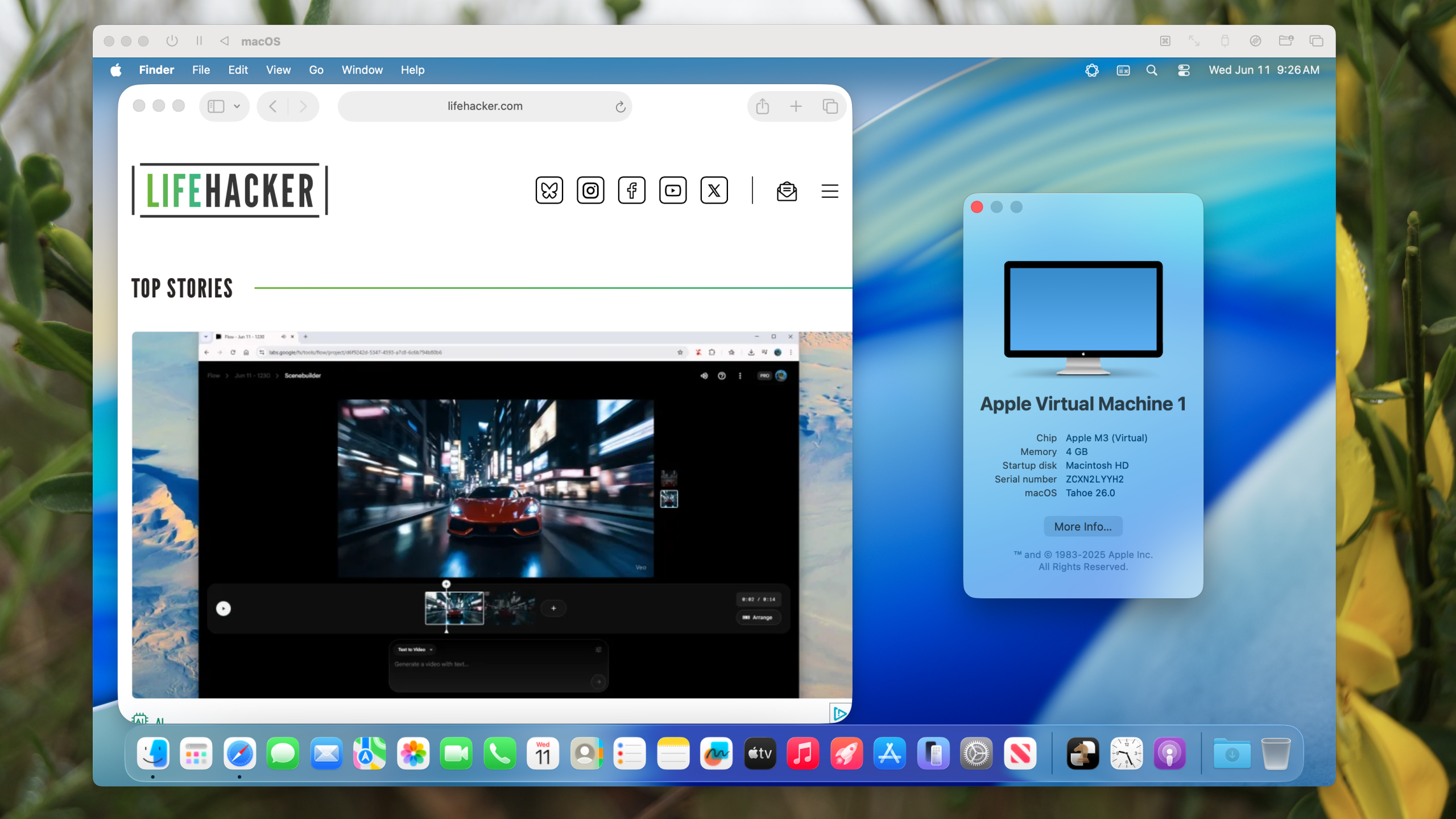Now Reading: Scientists Identify Brain Glitch Behind Persistent Hunger
-
01
Scientists Identify Brain Glitch Behind Persistent Hunger
Scientists Identify Brain Glitch Behind Persistent Hunger

Quick Summary
- Scientists have identified “meal memory” neurons in the ventral hippocampus region of laboratory rats, responsible for encoding meal experiences, including what and when food was consumed.
- These neurons form “meal engrams,” specialized memory traces integrating multiple types of information during brief pauses while eating.
- When these neurons were destroyed or their connection to the lateral hypothalamus disrupted,rats overate and lost recollection of food locations.
- Distracted eating, such as snacking while on phones or watching television, may impair meal memory formation in humans and led to overeating.
- Insights from this research suggest potential new clinical approaches for obesity treatment by focusing on enhancing meal memory formation.
- Study funding includes contributions from organizations like Alzheimer’s association Research Fellowship and National Institute of diabetes and Digestive and Kidney Diseases.
indian Opinion Analysis
This study has critically important implications for India’s growing concerns regarding obesity-related health burdens. With changing lifestyles across urban centers-marked by distracted eating habits due to smartphone use or television-strengthening awareness around mindful consumption could be an effective strategy alongside traditional dietary management. The findings highlight how incorporating cognitive awareness measures into weight management programs might open new avenues for tackling overeating tendencies.Further investigation is critical to confirm whether similar neural mechanisms exist in humans as observed in laboratory animals. if validated, it presents an possibility to influence policy-level interventions focused not just on physical activity but also cognitive mindfulness training as part of holistic health initiatives within India’s public healthcare system.























